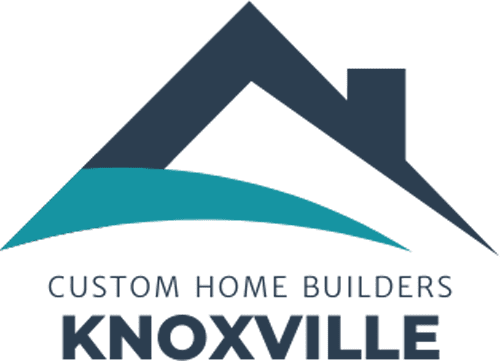Building a custom home is an exciting venture, but it all starts with a critical step: the feasibility study. This essential process helps you assess the practicality of your dream home, considering everything from budget to location. Dive into this guide to navigate the key components of a feasibility study, ensuring your vision becomes a reality in an informed and strategic way. Let’s set the foundation for your perfect home together!
Evaluating the Topography, Soil, and Drainage of the Site
When embarking on the journey of custom home building, evaluating the site’s topography, soil, and drainage is essential. These elements not only shape your home’s design but significantly impact durability and comfort. For instance, the land’s slope can determine how water drains away from your foundation, while the soil type influences structural stability and landscaping options. Understanding these factors will guide your decisions and help you avoid costly setbacks down the line. By exploring these crucial considerations, you’ll gain insights that empower you to make informed choices throughout the home-building process. Dive in to discover how to effectively assess these site conditions to ensure your dream home stands strong and lasts for years to come.
Reviewing Zoning and Building Code Restrictions
Navigating the complexities of zoning and building code restrictions can feel overwhelming, but it’s a crucial step in your custom home building journey. These regulations not only influence what you can build but also play a significant role in determining your project’s overall feasibility. Understanding the local requirements can save you time and money, ensuring your dream home aligns with community standards. As you embark on your feasibility study, consider how these zoning laws can impact everything from design choices to project timelines. In this blog, we’ll explore the essential aspects of zoning and building codes, guiding you through a smooth planning process that sets your custom home vision on the right track. Let’s dive into the details and make your custom home aspirations a reality!
Assessing Access to Utilities and Infrastructure
Navigating the journey of custom home building requires careful planning, especially when it comes to assessing access to utilities and infrastructure. Understanding aspects like water, electricity, sewage, and internet services is crucial for ensuring your dream home is not only beautiful but also functional. This foundational step is essential in conducting a thorough feasibility study, helping you evaluate whether the location can support your vision. With the right insights, you can make informed decisions that save time and resources down the line. Stay tuned as we explore practical approaches to assessing these vital services, ensuring your custom home project is built on solid ground.
Estimating Site Development and Preparation Costs
Estimating site development and preparation costs is a crucial step in the custom home building journey. Before breaking ground, understanding the financial landscape of your project can make all the difference. This involves examining factors such as land clearing, grading, utilities, and permits—essential elements that set the groundwork for your dream home. By closely aligning these costs with a comprehensive feasibility study, you can ensure that your vision remains not only achievable but also financially sound. As you navigate these essential processes, it’s vital to consider how your choices impact both current needs and long-term value. Let’s dive deeper into how to approach these calculations and set the stage for a successful build.
Collaborating With Experts to Finalize the Study
Collaborating with experts is a crucial step in finalizing your feasibility study for custom home building. By bringing together architects, builders, and financial advisors, you ensure that your plans are not only ambitious but also practical and grounded in reality. Their insights can help you navigate potential challenges and refine your vision, making your custom home journey smoother from the start. This partnership not only adds depth to your study but also enhances its credibility, guiding you toward informed decisions that align with your goals. Curious about how to effectively conduct your feasibility study and what steps to take next? Delve deeper into each phase to pave the way for a successful custom home project tailored just for you.
Conclusion
In summary, a thorough feasibility study is essential for confirming that your chosen site aligns with your vision for a custom home and stays within your budget. By evaluating critical factors like zoning regulations, access to utilities, and potential construction challenges, you pave the way for a smoother building experience. This step not only informs your decisions but also helps avoid costly surprises down the road. As you explore how to conduct a feasibility study for your custom home project, remember that having a reliable partner can make all the difference. At Custom Home Builders Knoxville, we’re ready to guide you every step of the way, ensuring your dream home is both practical and perfect for your lifestyle.
how-to-conduct-a-feasibility-study-for-custom-home-building.jpg



